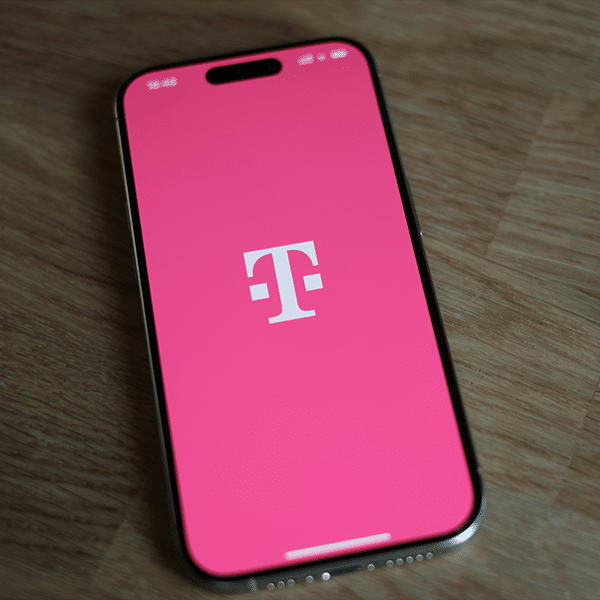 Launched back in 1985, the federal Lifeline program provides qualified low-income consumers, including many retired people on fixed incomes, access to telecoms services from private-sector service providers at discounted rates. Part of the Universal Service Fund (USF), Lifeline discounts today can be used for wireless or traditional fixed line service.
Launched back in 1985, the federal Lifeline program provides qualified low-income consumers, including many retired people on fixed incomes, access to telecoms services from private-sector service providers at discounted rates. Part of the Universal Service Fund (USF), Lifeline discounts today can be used for wireless or traditional fixed line service.
Seven of 10 U.S. seniors surveyed by ORC International for Keeping Americans Connected to Opportunity (KACO) believe they “should continue to have access to wireless Lifeline and other benefits that have been promised to them.”
Attitudes Toward Lifeline Phone Program
Surveying Americans 60 and over, ORC and KACO found:
- Just over two thirds (67 percent) believe that retirees and other older Americans are entitled to the wireless Lifeline phone program and other programs for which they are qualified;
- Nearly three quarters (72 percent) of older Americans say it would be “unfair” to start imposing a fee or tax on the wireless Lifeline program;
- Over half (53 percent) say they would be “less likely to have or use a cell phone” if $5 in monthly fees or taxes were added to their cell phone bills;
- Fewer than two in five (38 percent) said they would have no problem with such an increase in their household expenses;
- Two thirds of older Americans agree that it would be unfair to end seniors’ access to existing federal programs – including wireless Lifeline;
- About one in 10 older Americans (9 percent) say they either are currently on the Lifeline wireless program or have been in the past.
“This is just a question of fundamental fairness. A large number of older Americans on fixed incomes benefit from the wireless Lifeline program,” Richard Fiesta, executive director of the Alliance for Retired Americans, was quoted in a news release.
“It is their connection to health care, part-time work, needed community services, and law enforcement help. These are exactly the kind of people that wireless Lifeline was set up to serve and they should not be subject to either losing access or having to pay a fee or tax in in order to participate.”


